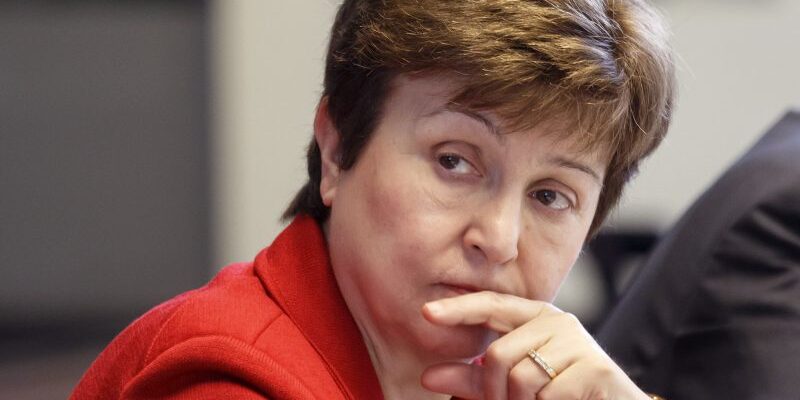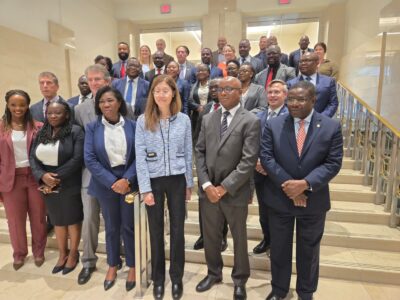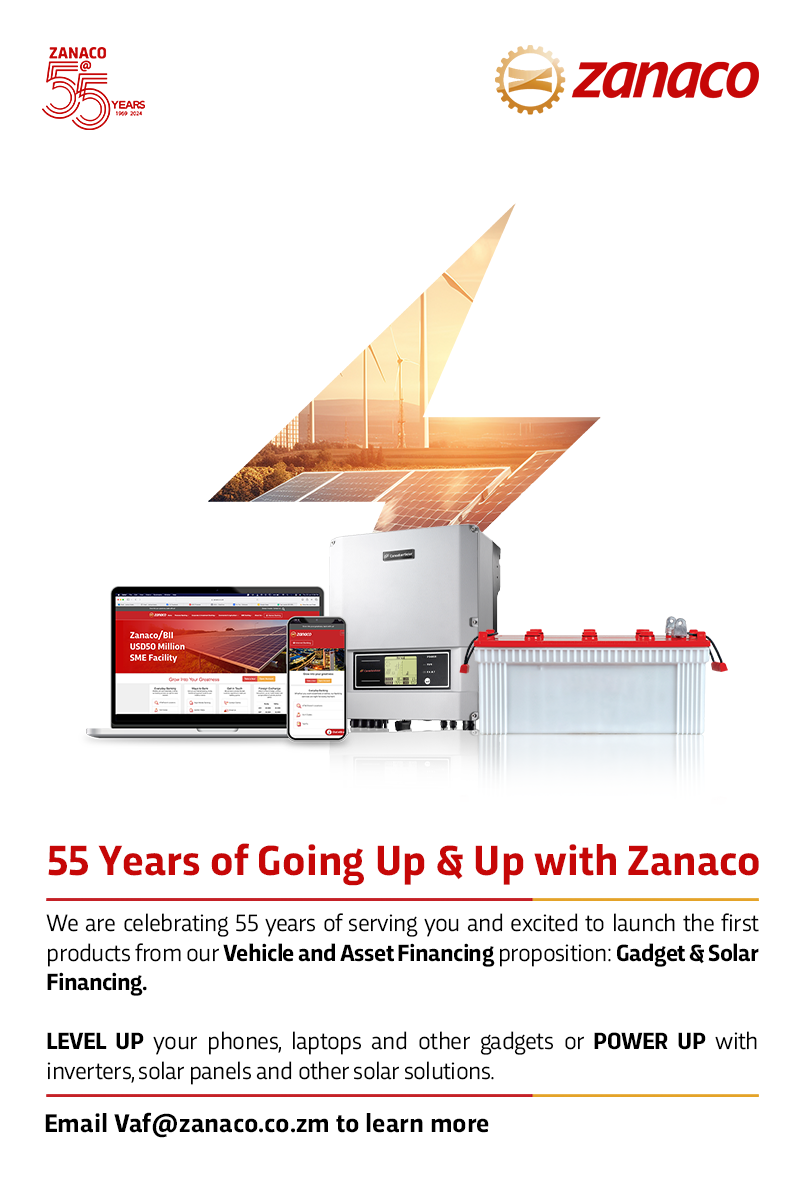The delayed debt restructuring cases are currently costing Zambia and other countries as they have become difficult to handle, says the International Monetary Fund (IMF).
The Fund is concerned with Zambia and other countries’ struggle to handle potential wave of debt restructuring requests which have become costly for them.
To help resolve this issue, the IMF, the World Bank, and India as G20 Chair, recently put in place a Global Sovereign Debt Roundtable.
This is according to the IMF Managing Director Kristalina Georgieva in Washington, DC on Friday when presenting the Outlook for the Global Economy and Policy Priorities.
Georgieva said the Global Sovereign Debt Roundtable brought together public and private creditors, as well as borrowers, to help reach consensus on standards and processes which could speed up restructuring cases, including those under the G20’s Common Framework such as Zambia.
Read more: IMF nods Zambia’s economic growth, pushes for more debt relief from creditors
“About 15 percent of low-income countries are already in debt distress and another 45 percent face high debt vulnerabilities. And about a quarter of emerging economies are at high risk and facing “default-like” borrowing spreads.
“This has raised concerns over a potential wave of debt restructuring requests—and how to handle them at a time when current restructuring cases are facing costly delays, Zambia being the most recent example,” she said.
Georgieva mentioned that even as the Fund called for progress on dealing with debt, it also needed to bolster the IMF’s capacity to help its poorest member countries.
To support them, she said, the Fund had increased its interest-free lending more than four-fold to US$24 billion since the beginning of the Covid-19 pandemic.
“Now, we are urgently calling on our wealthier members to help address fundraising shortfalls in our Poverty Reduction and Growth Trust. This is critical to ensure that the IMF can continue to provide vital support and help catalyse financing from others.
“So, too, is making sure that we can support all our members—so we are working this year to successfully complete the review of quotas, the building blocks of the IMF’s financial structure,” Georgieva said.
WARNING! All rights reserved. This material, and other digital content on this website, may not be reproduced, published, broadcast, rewritten or redistributed in whole or in part without prior express permission from ZAMBIA MONITOR.













Comments